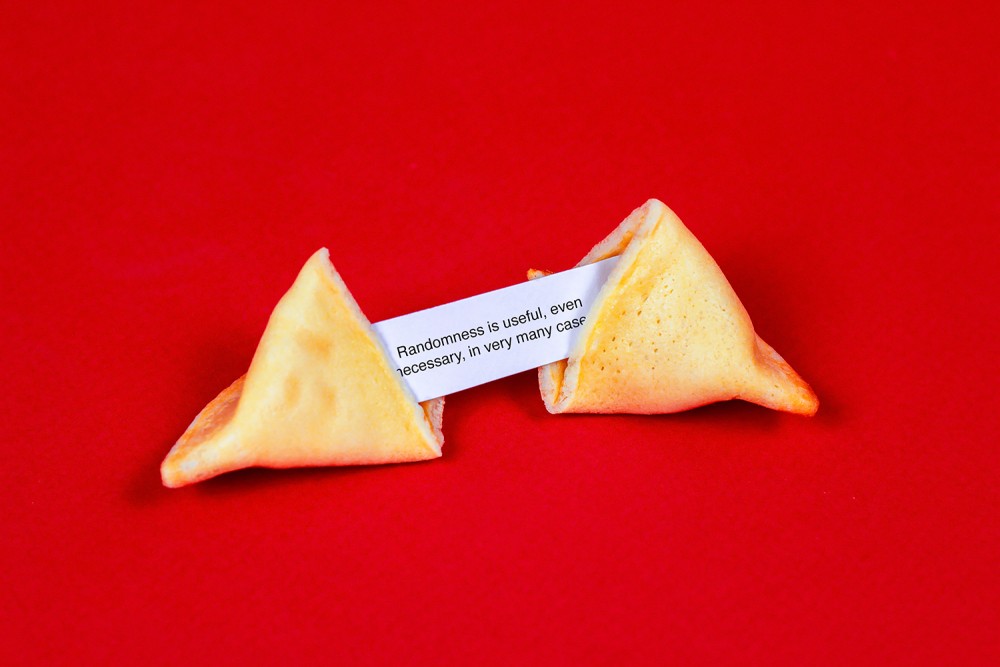God cares nothing for our algorithms
Embracing the random can open us up to the agitations of the Holy Spirit.

(Source image: Ildar ImashevIldar Imashev / iStock / Getty)
In my teenage years, I was a baseball-career-pursuing, video-game-playing, city-dwelling, six-foot-tall (even taller in my mind) consumer of the world around me. That world was the South Side of Chicago. Every day I woke up, rode my bike to the field to practice to make the White Sox, came home and watched the White Sox game (sometimes they won!), and Sega Genesis’d myself into the late night pretending I was on the White Sox. It was a good life, and in what we’ll graciously call a chaotic childhood, it provided a much needed rhythm and stability.
And then my mother told me I was going to camp. It was actually worse than being told: she asked me in a way where I couldn’t say no—a mind trick I’m still learning as a parent—and I was devastated. Here I was, this seven-foot-tall specimen of a human, about to lose my summer; here were the White Sox, about to lose a statistically significant portion of their fan base. I didn’t ask for this. I didn’t want it. And when I returned home, I was certain that this experience had changed my life.
I had a ball! And even better: it set in motion events that have changed and remain part of my life. (Y’all, I hike now!) All of this from a seemingly random experience I wouldn’t have chosen for myself in a million years.




